Arup is a global engineering firm whose work includes the Sydney Opera House and London's
iconicGherkin Tower. With a mission to create a better world, Arup decided to create New
Zealand's mostsustainable workplace in Auckland.
Housed in a historic building in Auckland's Tamaki Makaurau district, Arup's new offices push
theboundaries of sustainable design and construction and aim to achieve the most stringent
sustainabilitycertification, the Living Building Challenge.
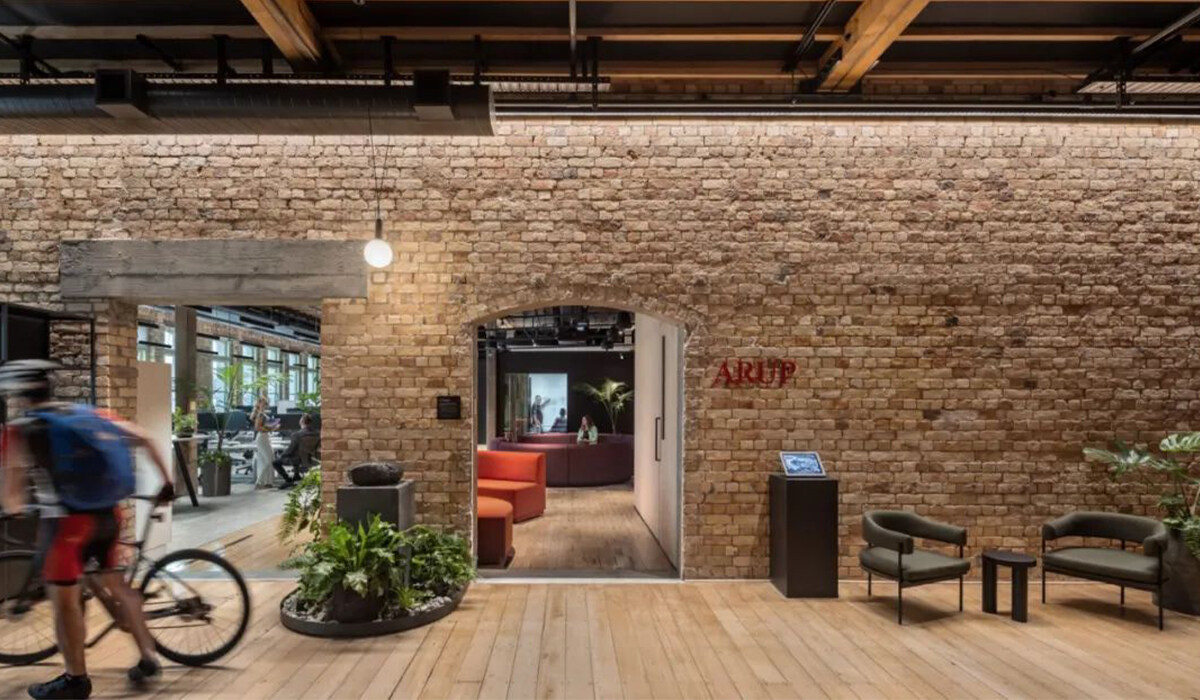
The project was a huge success. Post-occupancy data shows average utilization is at 95%, higher than
pre-pandemic levels, and to meet growing demand, Arup and Unispace are collaborating to expand
workspace into sublet areas.
Return to the office
With hybrid working in mind, employees can choose to work from traditional desks, informal colla-
boration spaces, meeting rooms of varying sizes and innovation hubs. The central dining area supports
plenary meetings and large events. Human-centered design achieves the following organizational
goals:
①Diversity, Equity and Inclusion (DEIB)
②Spiritual connection with space
③Emotional, physical and spiritual health
④Sustainable development performance (materials, biodiversity)
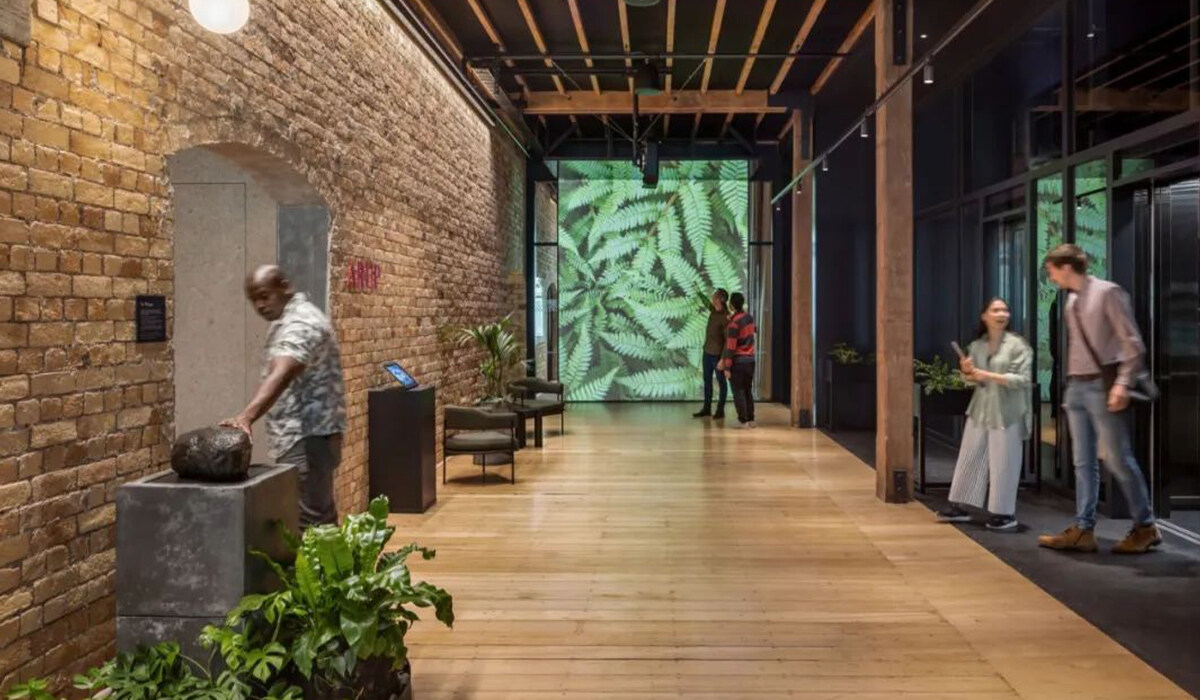
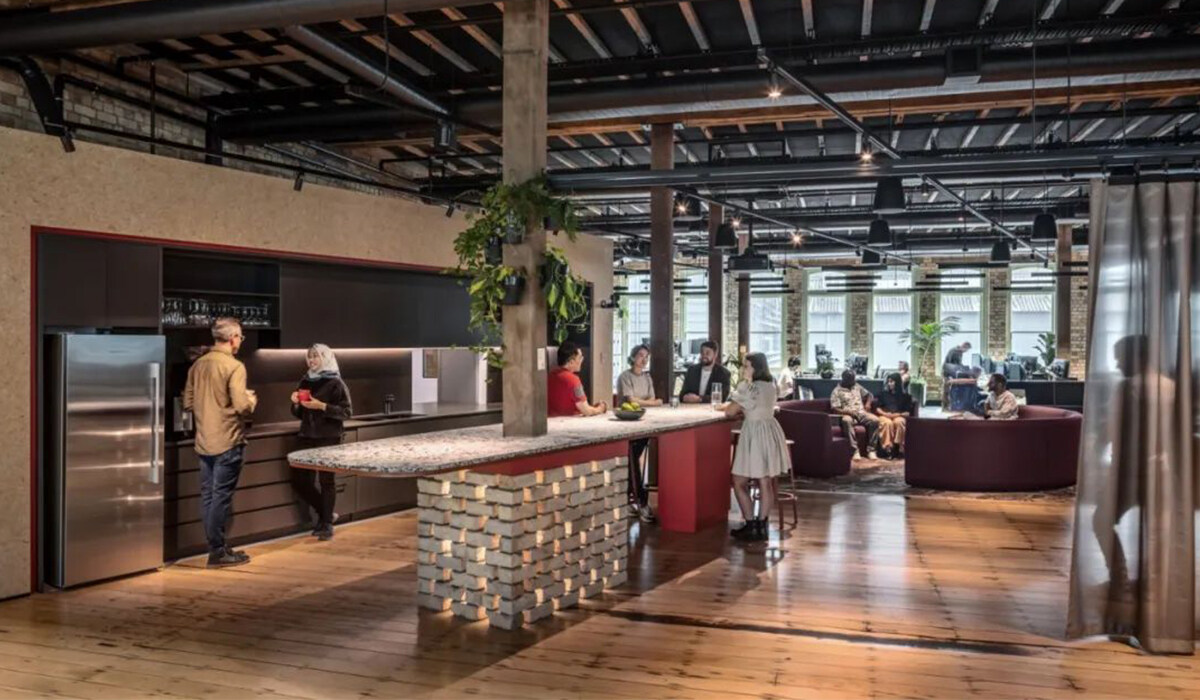
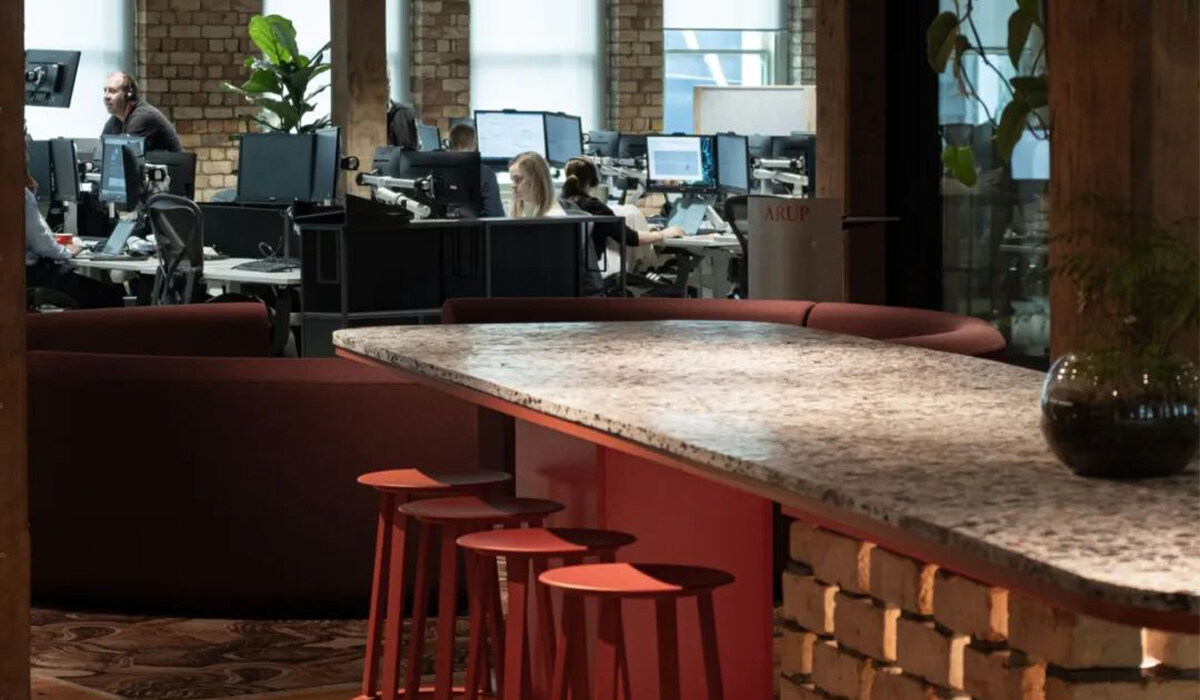
A journey of co-creation
Unispace worked with Arup’s sustainability engineers and local Māori to develop a strategy, design and
construction roadmap for the project.
The Māori principle of ‘Kaitiakitanga’ (guarding) is closely linked to the Living Building Challenge. The
project is guided by minimizing impact on nature, reusing and upcycling materials to reduce waste,
ultimately having a positive impact on the environment and user well-being.
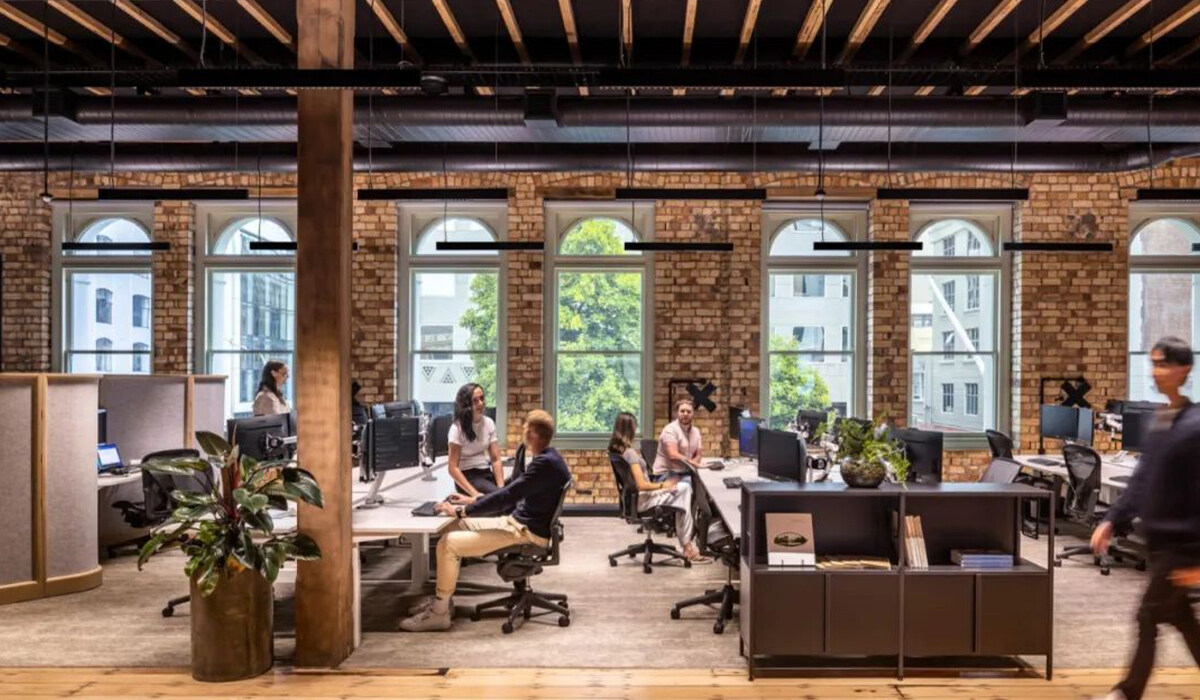
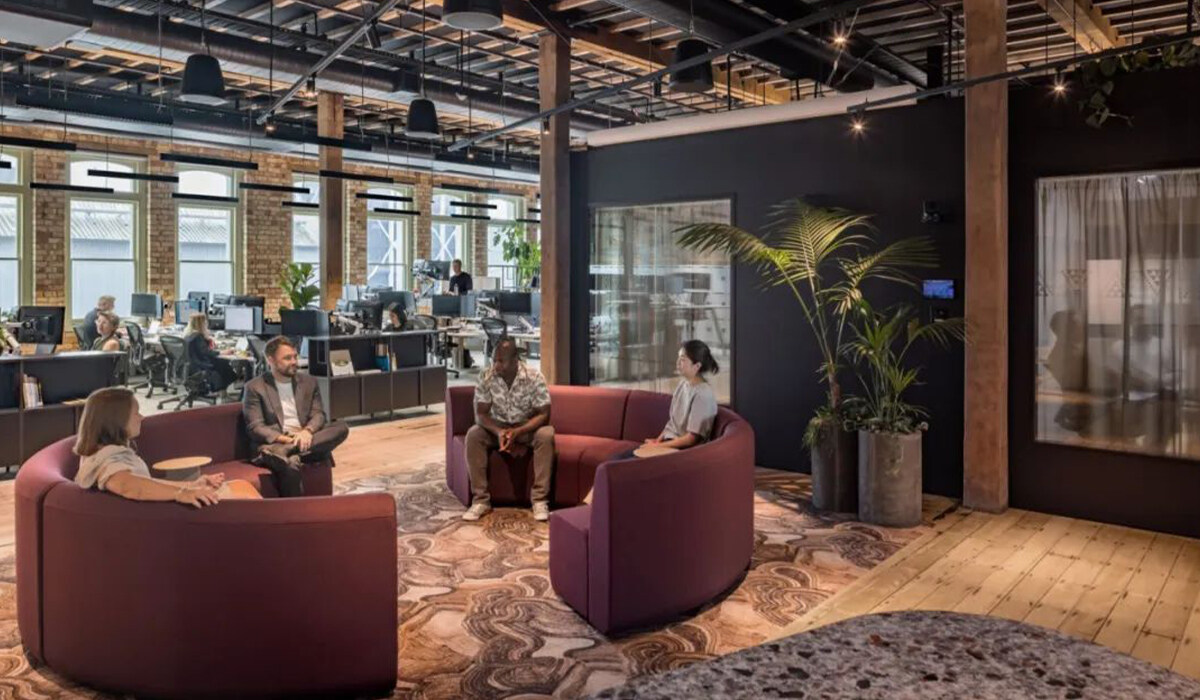
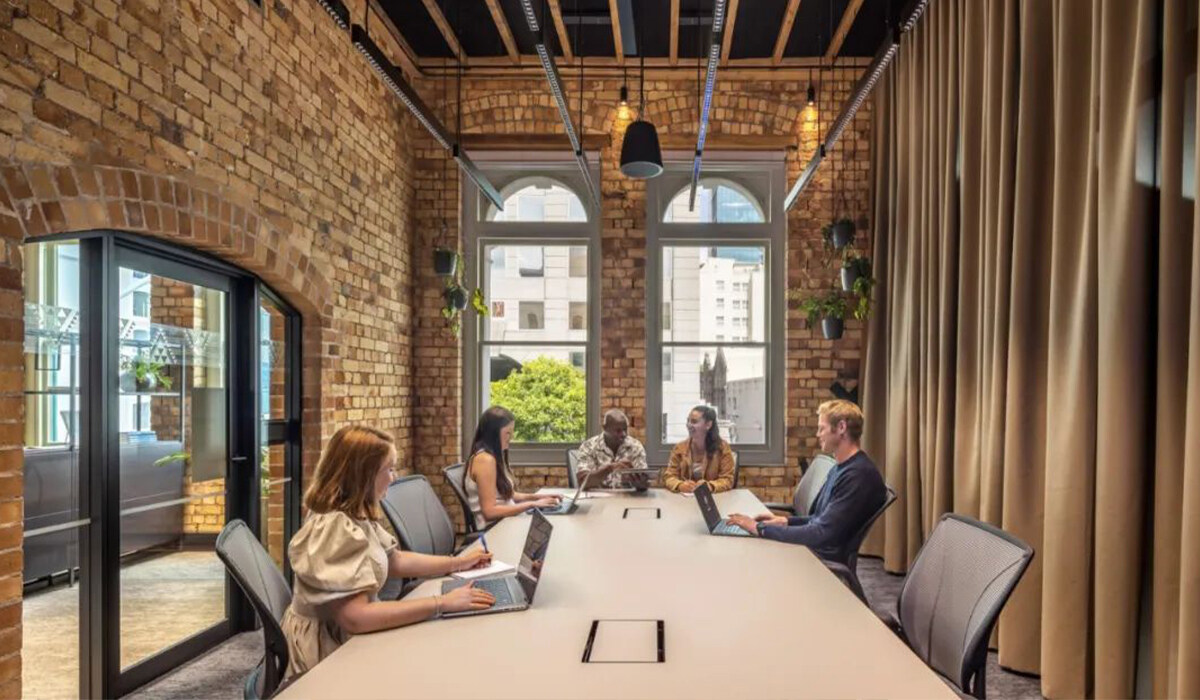
Living Building Challenge
Living Building requires a progressive and considered approach to design and construction to achieve
net positive targets for carbon, water and waste. This challenges Unispace and Arup to go one step
further and set the benchmark for the enterprise environment of the future.
The project team achieved the following results:
①99% of waste is diverted to landfills
②90% of the materials do not contain toxic ingredients, creating a healthier working environment
③50% of materials are sourced locally in New Zealand, minimizing transportation impact and supporting
the local economy
④95% of workstations are located within 14 meters of natural light
⑤100% of wood is FSC certified
⑥Achieving 100% carbon neutral decoration through carbon offsets
Original bricks from the historic building's plinth were salvaged and repurposed to create specialty
restaurant benches. Countertop materials alone eliminate over 5,000 pieces of plastic waste.
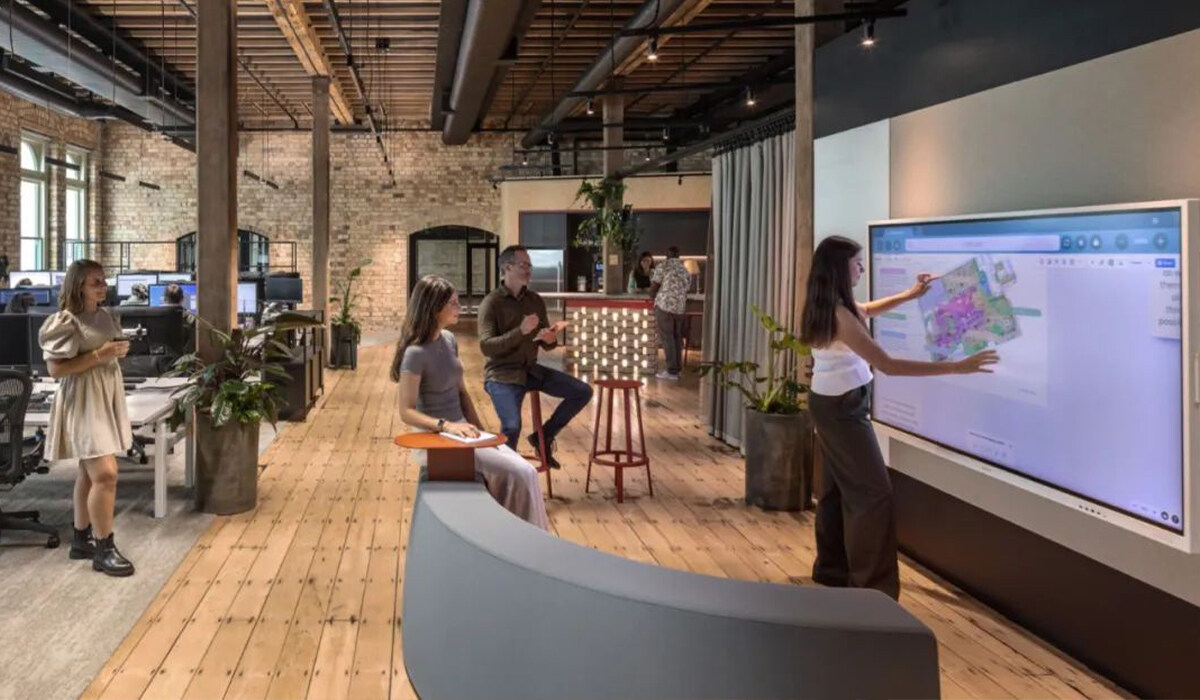
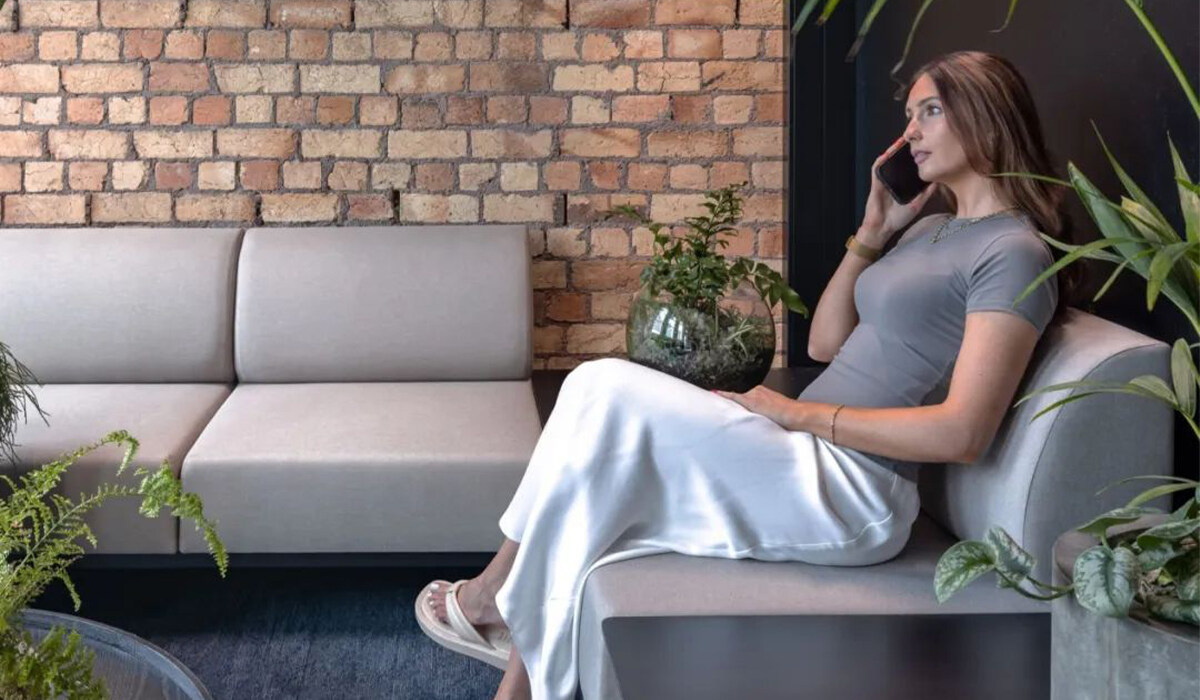
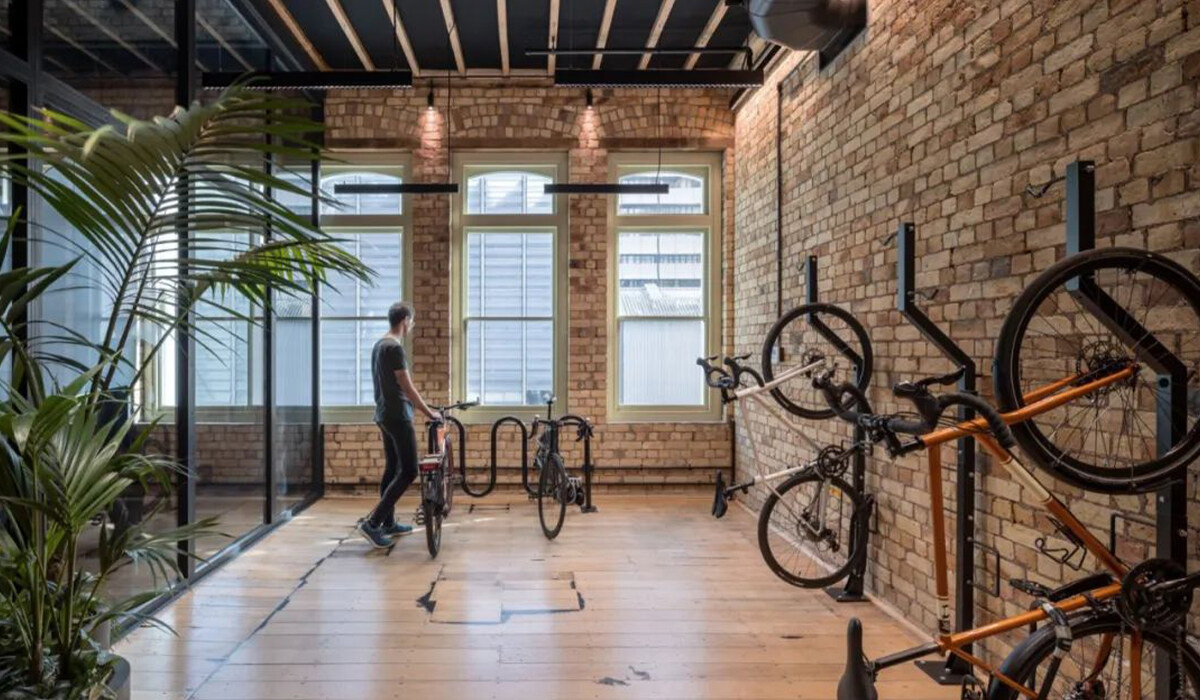
The Living Building Challenge is about more than harm reduction. The project changes the way
Unispace contractors work, educating and promoting suppliers/traders and creating new best practice
within the industry. Once 12 months of validation is completed, Arup’s workplace will become the first
interior space in New Zealand to receive Living Building Challenge certification.
Unispace completed end-to-end design and construction in 10 months, with construction taking 11
weeks. Considering the additional complexity and effort of the Living Building Challenge, this is an
incredible achievement for the Unispace project team.


